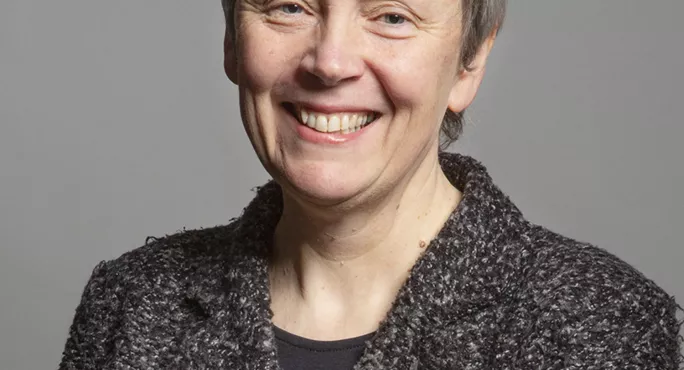A startling fact that has emerged from the Covid-19 outbreak is that an estimated 1 million children and their families do not have adequate access to a device or connectivity at home. At a time when many of us take our smartphone or laptop for granted every day, this statistic should serve as a reminder of the inequality in the UK, especially when access to such a device has become necessary for the continued education of the nation’s children.
In recent days, the Department for Education has announced a series of measures to support certain children learning at home during the coronavirus pandemic. The measures include the provision of digital devices such as laptops or tablets, as well as 4G dongles, and they are aimed at helping “disadvantaged Year 10 pupils, care leavers and school children with social workers” who do not already have such devices and who do not have access to the Internet.
While this is a welcome step, the Good Law Project has said that the plan seems ‘likely to meet the needs of relatively few affected children’ and it has even begun crowdfunding for a legal challenge against the government, saying it is essential that the new scheme reaches all children who need support to access their education online.
Heads who I have spoken to have told me about the work that their staff are doing to facilitate home learning for their pupils, with many providing online learning environments.
Coronavirus school closures: Fears over pupils’ internet access
We have recently seen the launch of the new government-backed Oak National Academy online learning hub, while the BBC has also launched its own package to help keep children learning. However, many children will not be able to access online resources that are vital for their education.
Research from the Sutton Trust shows the stark impact of deprivation on children’s access to online learning during lockdown. Only 2 per cent of teachers in the most affluent state schools report that their students won’t have access to an electronic device, compared with 15 per cent in the most deprived schools.
The Institute for Public Policy Research think tank has noted that school-age children in low-income households will be likely to suffer the most; the closing of schools risks making inequalities in educational outcomes worse. Making sure that pupils from disadvantaged homes the internet access and electronic devices that they need will play an important part in making sure this does not happen.
While government ministers express concern at the prospect of disadvantaged pupils falling behind, they should take a long, hard look at the austerity policies that they have backed for the past 10 years that have brought the parents of these children to this place. The Joseph Rowntree Foundation’s report into poverty, published in February, showed that one in five of the UK population was living in poverty and that more children were in poverty than five years ago.
If the government is serious about “levelling up” and if every child is to be given the best start in life, it must take urgent action to reverse the increase in poverty and tackle the scourge of low pay and insecure work that is causing so much hardship to families.
The education secretary, Gavin Williamson, has said that the government is determined to support parents who are helping their children learn from home, but there are already reports of the scheme to provide free devices being delayed, and the scheme, as it stands, simply does not go far enough. In the coming days and weeks, Williamson’s words must be backed up by bold and clear actions.
As well as ensuring that those disadvantaged Year 10s and vulnerable pupils who are eligible for the support that has been announced receive it urgently, the education secretary must expand the scheme so that no child is left behind.
Margaret Greenwood is Labour’s shadow minister for schools. She is a former secondary school teacher
